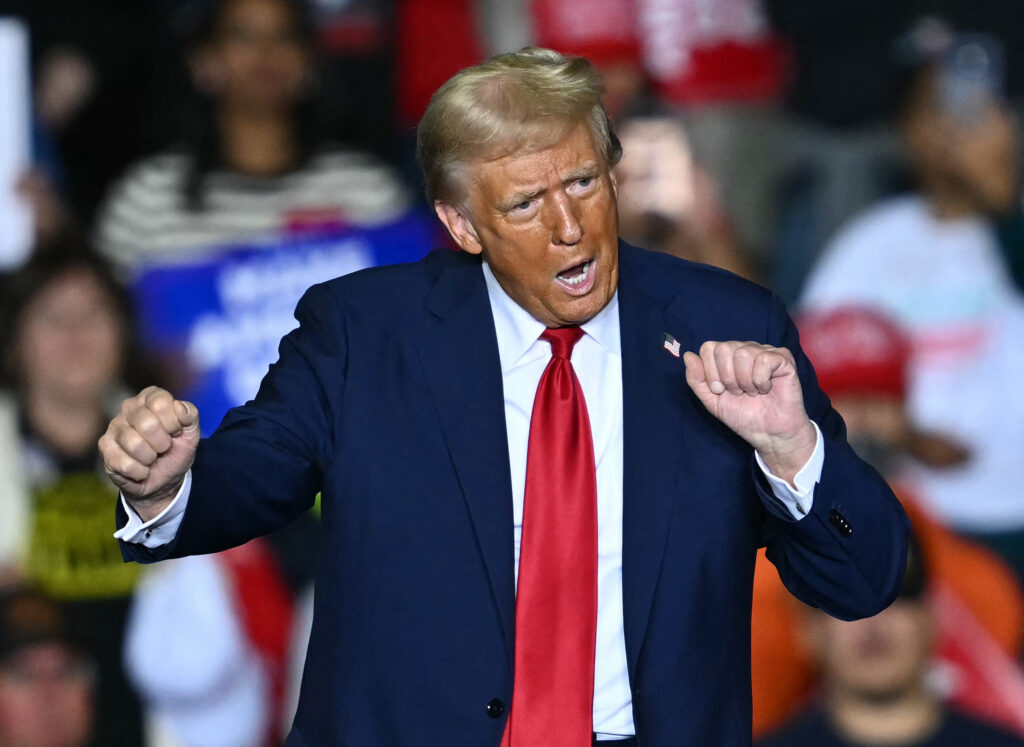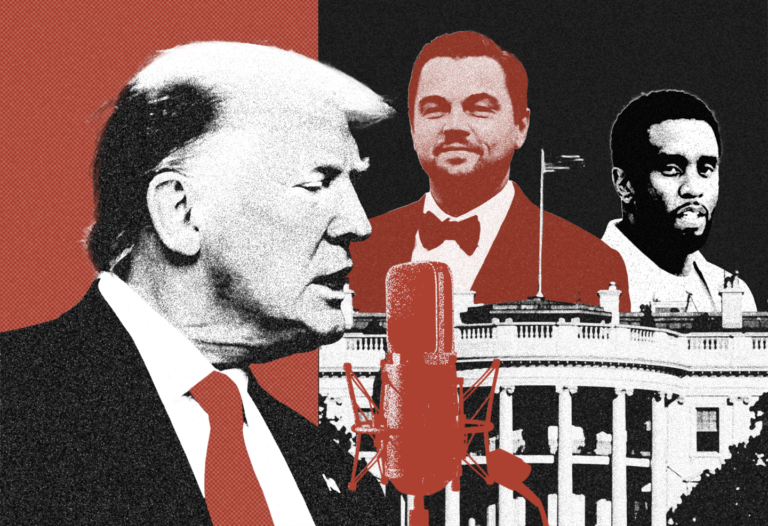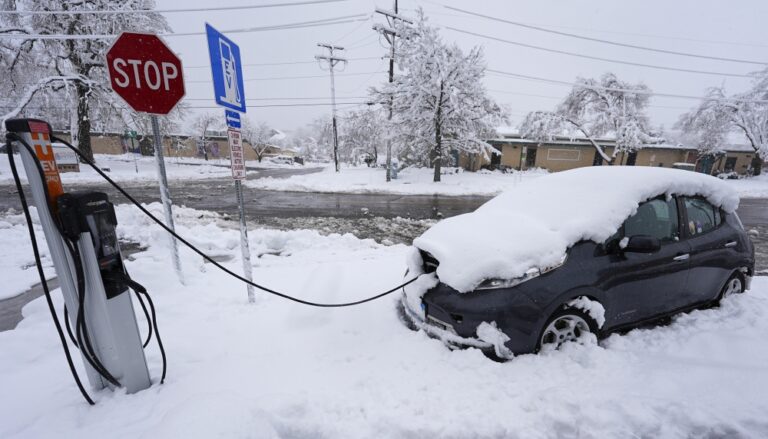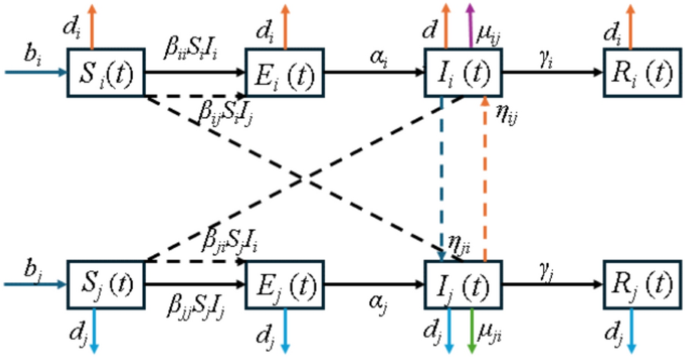
Donald Trump knows a thing or two about the cost of lawsuits. Since leaving office in 2021, he has reportedly paid more than $100 million to more than 80 different companies and lawyers. The lawsuits have hit Trump (or at least his political action committees) in the hip pocket.
But he’s not the only one. America’s litigation culture is getting worse, and it is driving up costs for businesses, costs that are passed on to consumers and can devastate even small businesses that cannot afford high insurance premiums. If Trump is serious about tackling inflation, he should put this at the top of his to-do list.
America is one of the most contentious societies on Earth, filing more than 40 million claims annually. There are 1.3 million lawyers working, nearly the entire population of Dallas.
Petty claims come thick and fast. Recently, we saw Kraft sued over mac and cheese that didn’t cook fast enough; the astonishing case of shrinking Crocs; Texas Pete hot sauce is on trial for being manufactured in North Carolina.
What’s less known is how this raises our prices at the checkout, the gas pump, and when we open our bills each month. It can’t be too much, right?
mistake. A long-term study just released by the U.S. Chamber of Commerce’s Institute for Legal Reform found that by 2022, costs and damages paid in the U.S. tort system amounted to more than $529 billion. That’s more than $4,200 per American household. Meanwhile, damage costs continue to grow faster than inflation, at an average annual rate of 7.1 percent.

Angela Weiss/AFP via Getty Images
Allowing these costs to become a natural and highly questionable part of the “value chain” constitutes a colossal failure of public policy.
One of the biggest ways in which we are all exposed to many lawsuits is our insurance premiums. Rising auto, home, and health insurance rates have stunned consumers and left them looking for someone to blame. More importantly, corporate insurance premiums have also risen dramatically and many insurers have completely withdrawn from markets or industries leaving people and businesses, especially small businesses, completely unprotected.
According to research by reinsurer Swiss Re, litigation costs have caused liability claims to rise by 57 percent in the past decade – 7 percent in 2023 alone. In the same year, there were 27 lawsuits awarding damages exceeding US$100 million each. Insurance companies have shareholders to think about. No wonder our insurance premiums are rising.
This is not a new trend. In fact, Warren Buffett coined the term “social inflation” in his 1978 letter to Berkshire Hathaway shareholders. This has been described as an expanded definition by society and juries of what insurance policies cover.
How did America become so controversial? While we are fortunate to have one of the most efficient court systems in the world, there are some quirks to the American legal system that should be more widely known.
As a lawyer in America, the one question I can always answer conclusively is: “Can I be sued if…?” The answer is: “Yes.” In civil litigation, anyone can bring a claim without needing any admissible evidence to begin. Once a case enters the discovery phase, litigation becomes expensive, and settlement is often the least bad and most economical option for defendants.
Most importantly, there are few, if any, consequences for making frivolous claims. In the UK, the general rule is that the loser pays the other party’s solicitor’s fees. Not in the United States. The so-called “English rule” that puts the loser at risk is actually the standard for civil litigation everywhere except the United States. In the American system, there is nothing to discourage shaking the tree in search of a payday, even in cases of little merit.
Activists for reform may welcome Trump’s return to the White House. In his first term, he capped medical malpractice payments at $250,000. This time he could support a new bill that would require disclosure of third-party funding in civil lawsuits, a major driver of industrial-scale litigation. Of course, his cap on medical malpractice could leave someone injured due to gross negligence on the part of a medical professional without adequate or even necessary compensation for their injuries, so it wasn’t entirely without consequence. But this action at least shows that Trump is willing to address the difficult and pressing issue of legal reform.
More importantly, Trump has previously supported the introduction of “loser pays” – somewhat surprising for someone who has lost 93% of the lawsuits he has been involved in.
Pushing for this kind of reform would end America’s addiction to lawsuits and stem the tide of “social inflation.” However, this type of reform can also have a negative impact through due process lawsuits, those that challenge unconstitutional laws, overbroad regulations, or even, as Trump himself fumed, the weaponization of the judicial system.
It’s all about finding the right balance: the balance between true justice and just taking risks with the system, and the balance between being a nation of laws or a nation of lawsuits.
Brian Sullivan is a leading attorney who represents prominent clients in the entertainment, intellectual property, and corporate investment industries.
The opinions expressed in this article are the author’s own.






